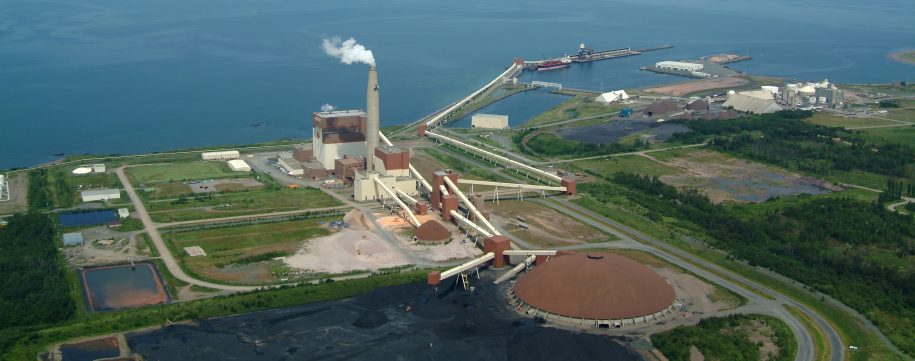Belledune Coal Power Plant Conversion: A “Buy Canadian” Opportunity for Canada’s Bioeconomy
In New Brunswick, NB Power’s plan to convert the Belledune coal-fired electric power station to black pellets presents an exciting opportunity for Canada. One that could strengthen the economics of the Canadian lumber sector, ensure better use of existing harvests and support rural communities across Atlantic Canada, while ensuring the power station complies with Canada’s 2030 coal phase-out regulation.
With the right federal support, all of Belledune’s fuel supply can come from within Canada — specifically, New Brunswick, Nova Scotia, Quebec and Ontario. This is “buy Canadian” in practice: Canadian fibre turned into Canadian pellets for Canadian electricity.
The Opportunity: Black Pellets
Thermally treated pellets, often referred to as “black pellets,” are emerging as one of the most promising renewable fuels in Canada’s energy transition. They mimic coal in energy production, are compatible with existing coal infrastructure, easier to pulverize than white pellets and can be stored outdoors without degrading.
NB Power chose black pellets as the most viable and cost-effective solution for Belledune — able to provide reliable baseload power, reduce emissions, and make efficient use of the fibre resources available in Eastern Canada.
Many coal plants around the world have already switched to white pellets or blends. Belledune is the largest proposed conversion from coal to black pellets. It will demonstrate the next step: using black pellets at full scale — showcasing Canada’s ability to lead in advanced biomass technologies while supporting domestic wood pellet manufacturing. Once fully converted, Belledune will consume around 300,000 to 500,000 tonnes of black pellets per year.
However, black pellets are currently not produced at a commercial scale in Canada. Wood pellet manufacturers require financial support to convert facilities. If three Canadian facilities were converted, 600,000 tonnes of black pellets could be produced annually, providing Belledune’s needs with flexibility and resilience.
Read the full article on pellet.org.

